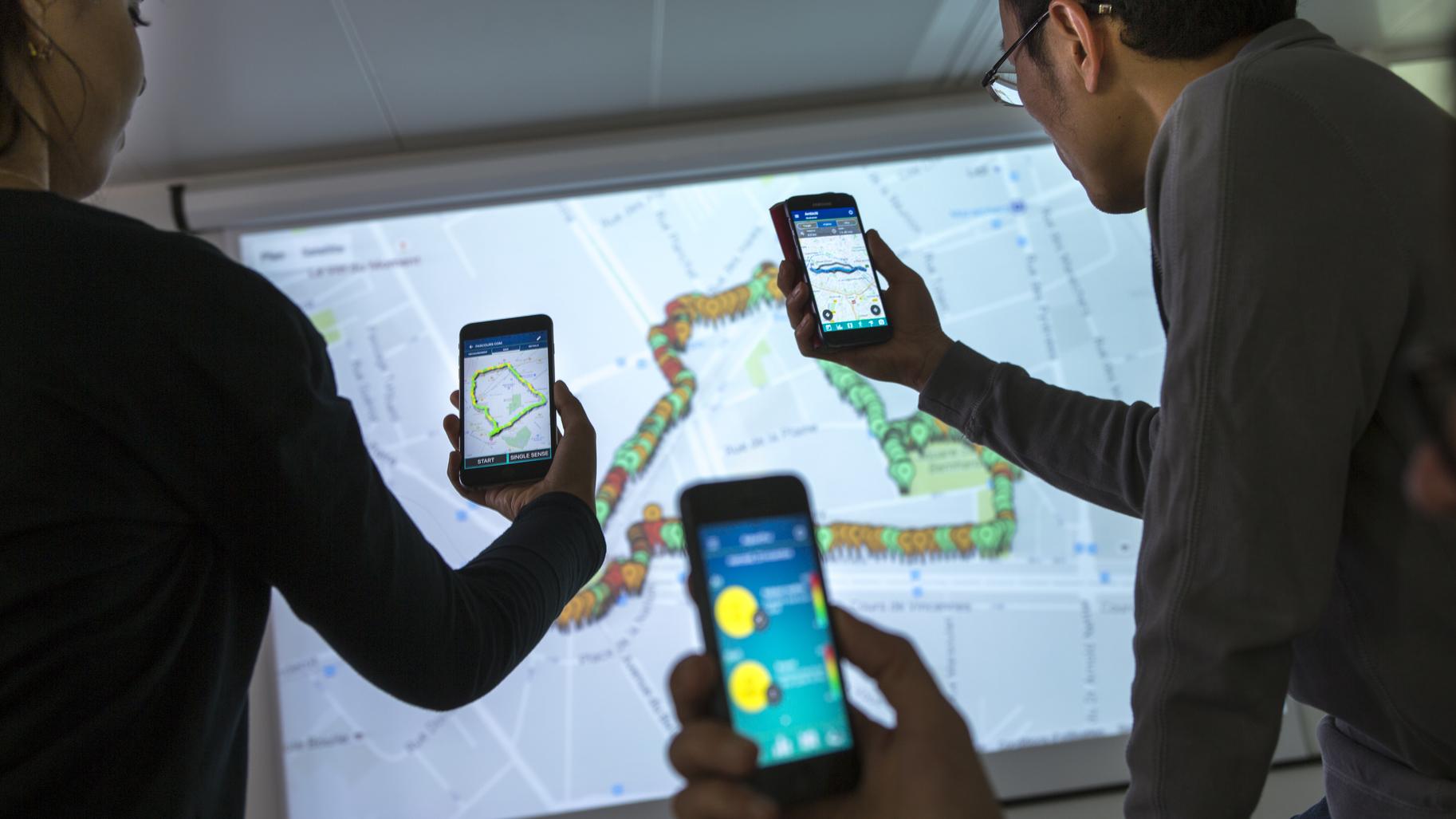Our projects for a creative and responsible web
Date:
Changed on 24/04/2022

The Web was born in Europe at the end of the 1980s. The consortium that developed it, the W3C, was created at MIT (Massachusetts Institute of Technology) in 1994. A few months later, in 1995, Inria became a founding member for Europe. Since the early years of the Web, several Inria project-teams have contributed to building its international standards: CSS style sheets, development of the Amaya browser-editor, the SMIL language which is the basis of MMS on our smartphones, the Web of data and the semantic Web with XML and RDF, etc.
Today, more than 30 of the 200 Inria project teams are directly involved with the Web: its protocols, languages, architecture, content, social networks, services, etc. For example, the PRIVATICS, INDES and SPIRALS teams contribute to security and privacy on the Web, the CEDAR, LINKS, MOEX, TYREX and WIMMICS teams propose models and methods for data exchange and processing on the Web, the COAST, MIMOVE and WIDE teams contribute to improving online collaboration and coordination, etc.
The Web today faces new challenges, not only scientific and technological, but also political and philosophical. The governance of the W3C is more than ever at the center of attention. Inria will be attentive to ensure that W3C continues to be able to preserve the major fundamental principles of the Web, starting with the provision of international and open standards for universal identification, extensible representation and the free and respectful exchange of resources on a global scale. In particular, the development of new technologies that guarantee neutrality, security, and respect for personal data is more necessary than ever.
Verbatim
On all these subjects, Inria will continue to invest, in the style that has always been its own, by being both a contributor to research and development at the global level, an actor in the international governance of the W3C, and by actively participating in major academic events such as TheWebConf.
Auteur
Poste
Deputy CEO for Science

Does the presence of data collection programs in many games available on smartphones threaten our privacy?

Using audio analysis, semantic web and machine learning tools, researchers from the Université Côte d'Azur, Inria and the CNRS have created a unique music database.

In recent years, digital technology and social networks have revolutionized participatory democracy, where physical meetings were previously the rule. The major challenge is to make various tools of citizen engagement work together.